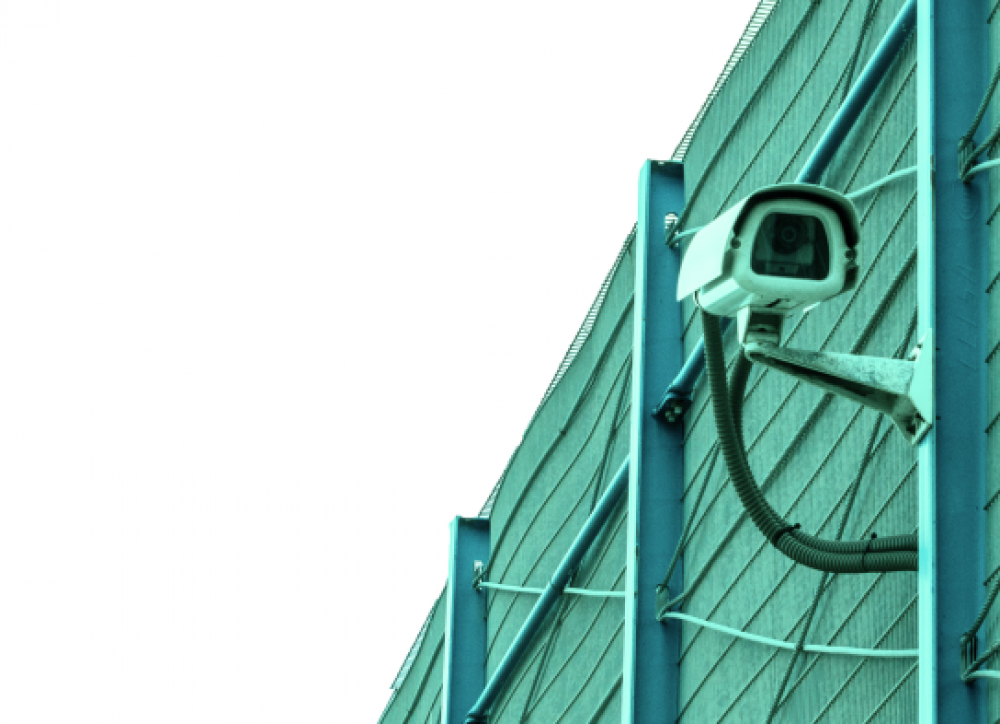Campaign
Human rights violations at the Barcelona 2021 Foreigners Internment Center

DOWNLOAD THE REPORT “HUMAN RIGHTS VIOLATIONS IN THE CIE 2021” (CAT)
This 2021 the visits to the CIE have been restricted for 6 months: only lawyers could enter at the request of the inmates and with restrictions. Neither NGOs nor family members had access. During this period there were serious situations such as a hunger strike of 41 inmates. This is a relevant example of how the task of monitoring and denouncing rights violations has been hindered. Situations such as this and the difficulties encountered by the team of lawyers in getting access to the center -they were even prevented from entering on two occasions- constitute a violation of the rights of defense of the inmates. This continues once the complaint has been filed: the courts take a long time to order the necessary investigation and end up filing the complaint when the person is deported, using this fact as an excuse.
On the other hand, the CIE also violates the right to health, since the care offered is insufficient and without enough guarantees. Health services are provided by a private company, Clínica Madrid, contracted by the direction. The most serious aspect of this situation is the fact that a private company is the manager of health care in the CIE means a lack of independence when it comes to picking up injuries caused by situations of institutional violence, since the company depends on the same National Police force that is in charge of the management of the center. Interference from the center’s management and incomplete and unsigned reports have been detected. That is why we ask that the health management in the center be integrated within the Catalan Health Service and belong to the public network, guaranteeing professional independence and a quality equal to that of the rest of the citizenship.
This should also serve to prevent such a serious measure as isolation from being applied for sanitary reasons. Isolation has been used both with punitive motivations and with the excuse of COVID-19, in cases of close or positive contact, without any type of control or regulation on its causes or conditions, and accompanied by containment measures as punishment. In addition, it has been used in cases with risk of suicide, endangering the person. In total, isolation has been used on 84 occasions in the whole of Spain: 72 in the BarcelonaCIE. This is a disproportionate figure: in the same period in the Madrid CIE it was used only 6 times.
The inmates report inhumane and degrading conditions, both in terms of the space and the treatment received by the agents. One of those affected explains that he was isolated 24 hours a day for 10 days in a very small cell with no furniture, bed, washbasin or natural light, because he was COVID-19 positive. In this line, in June, the case of a man who self-injured himself by headbutting hard against walls and windows and in response was restrained by 7 officers went viral. The officers applied mechanical restraint by binding his hands and feet to the ground and putting a helmet with a visor on his head for more than 3 hours. This is one of the 6 cases of institutional violence in the CIE that Irídia is handling.
The entity celebrates as important victories the reopening of 4 complaints filed in cases where the complainants had been deported before taking their statements. We highlight a resolution of the Provincial Court of Barcelona which states the need for a reinforced judicial protection in cases of mistreatment and torture and that an investigative effort should be made in situations where there is little evidence, starting with the importance of taking the victim’s statement. It also points out irregularities such as the non-existence of video surveillance cameras in some parts of the interior of the CIE without explanation, or the lack of completeness of the reports made by the Medical Service of the Center. One of the complainants, with whom Irídia has been able to contact, is expected to testify by videoconference from his country of origin.
We also highlight that 4 years later the eleven agents of the National Police Corps investigated by a complaint of 2017 have finished testifying: several people denounced having suffered serious aggressions in spaces of the Center where there were no video surveillance cameras due to an attempted riot. There are images of the injuries; medical reports and recordings of cameras from the corridors of the Center where unregulated actions of the agents can be seen. During their statements, the investigated agents did not answer the questions of the private accusation of Irídia: they maintained an exculpatory version of their actions and explained that not only were they not sanctioned, but that they were congratulated for their actions on the day of the events.
We end the report by demanding more transparency from the Ministry of Interior; a specific regulation for CIEs regarding the use of isolation and mechanical restraints; that more interpreters and translators be available to facilitate communication between inmates and doctors or lawyers; and an improvement in health management, which would have to be entrusted to the Generalitat de Catalunya. Finally, they ask that the right to defense of the inmates be guaranteed and that situations such as those of 2021, in which human rights organizations and lawyers have been prevented from accessing the center, not be repeated.
